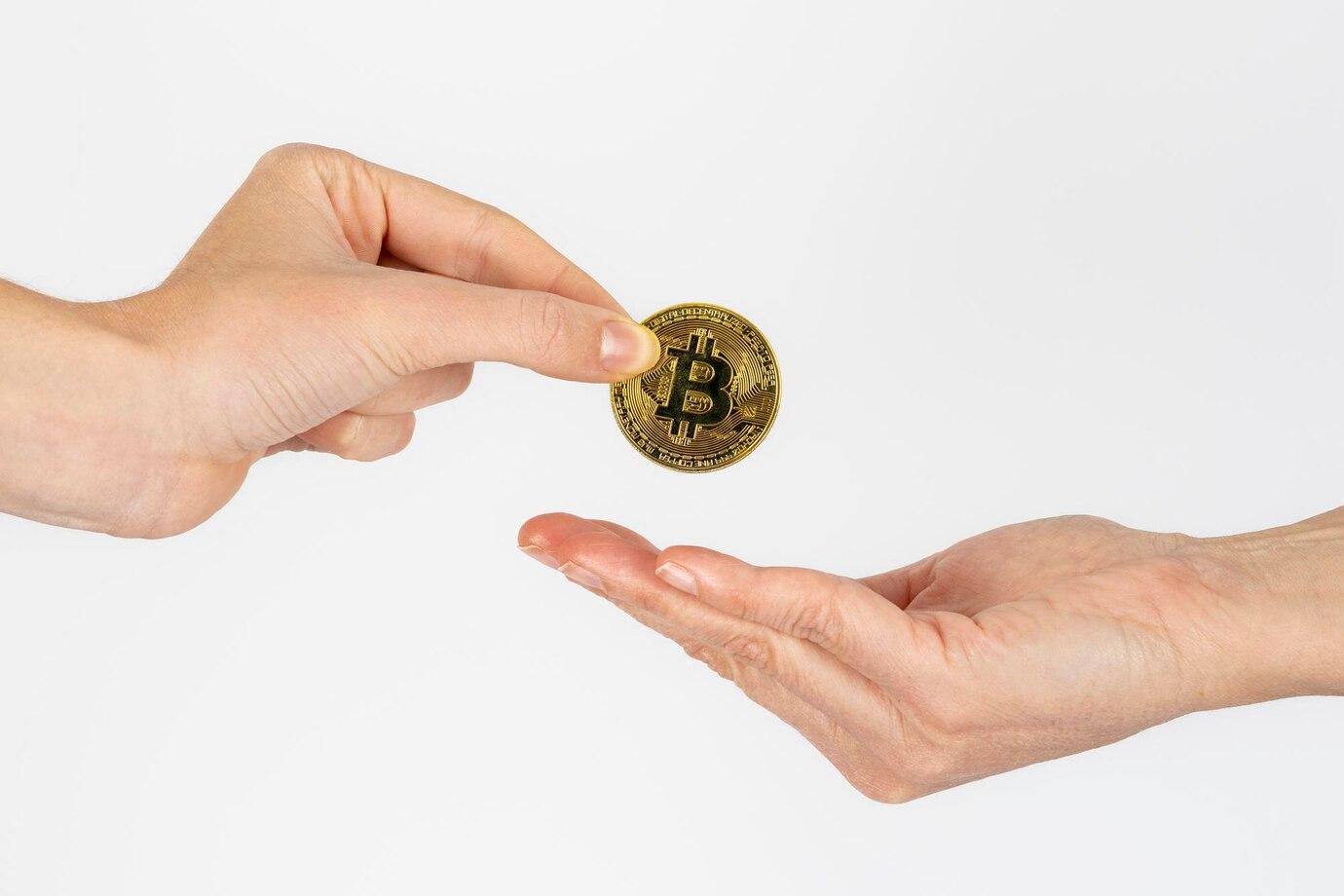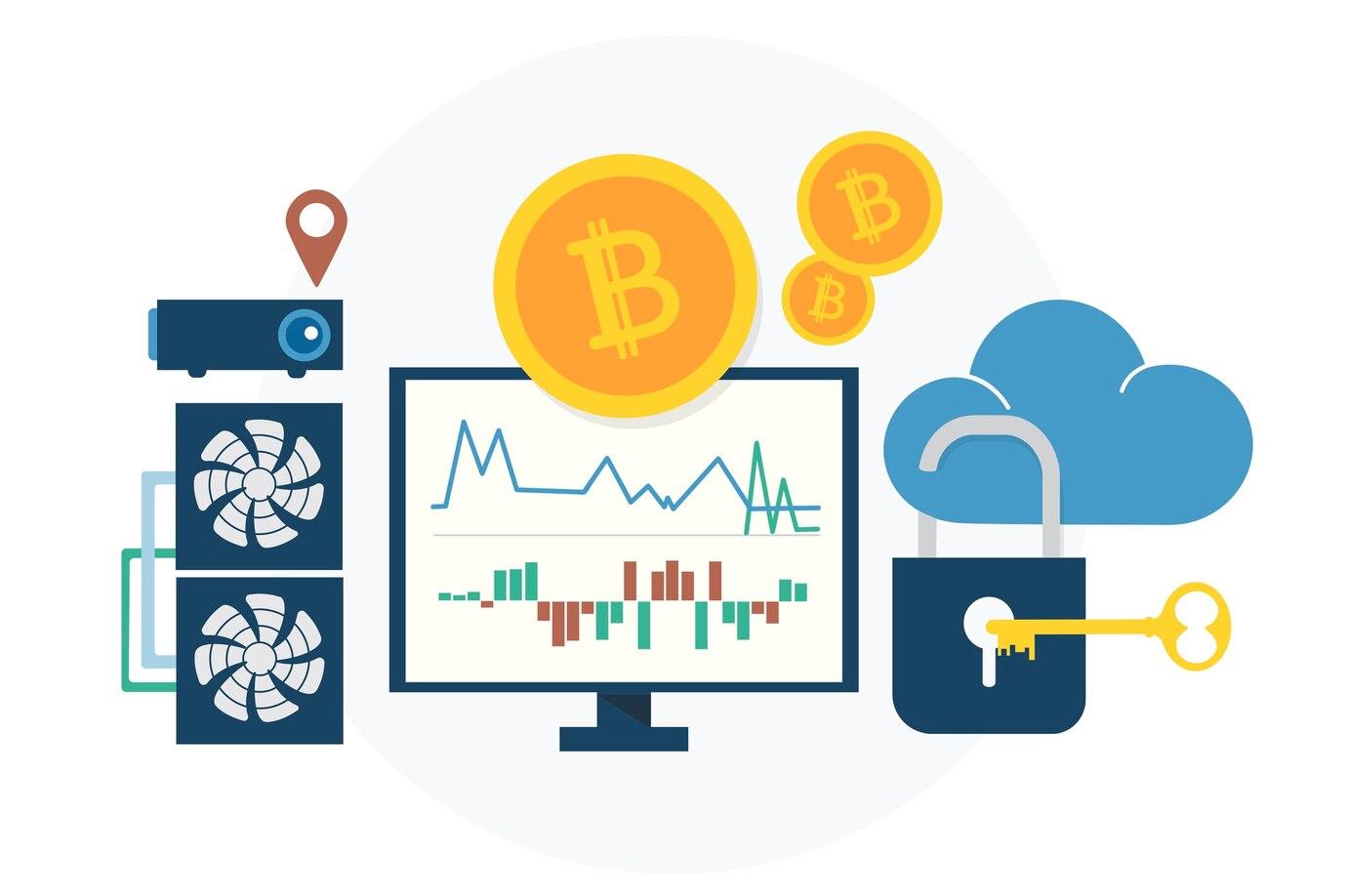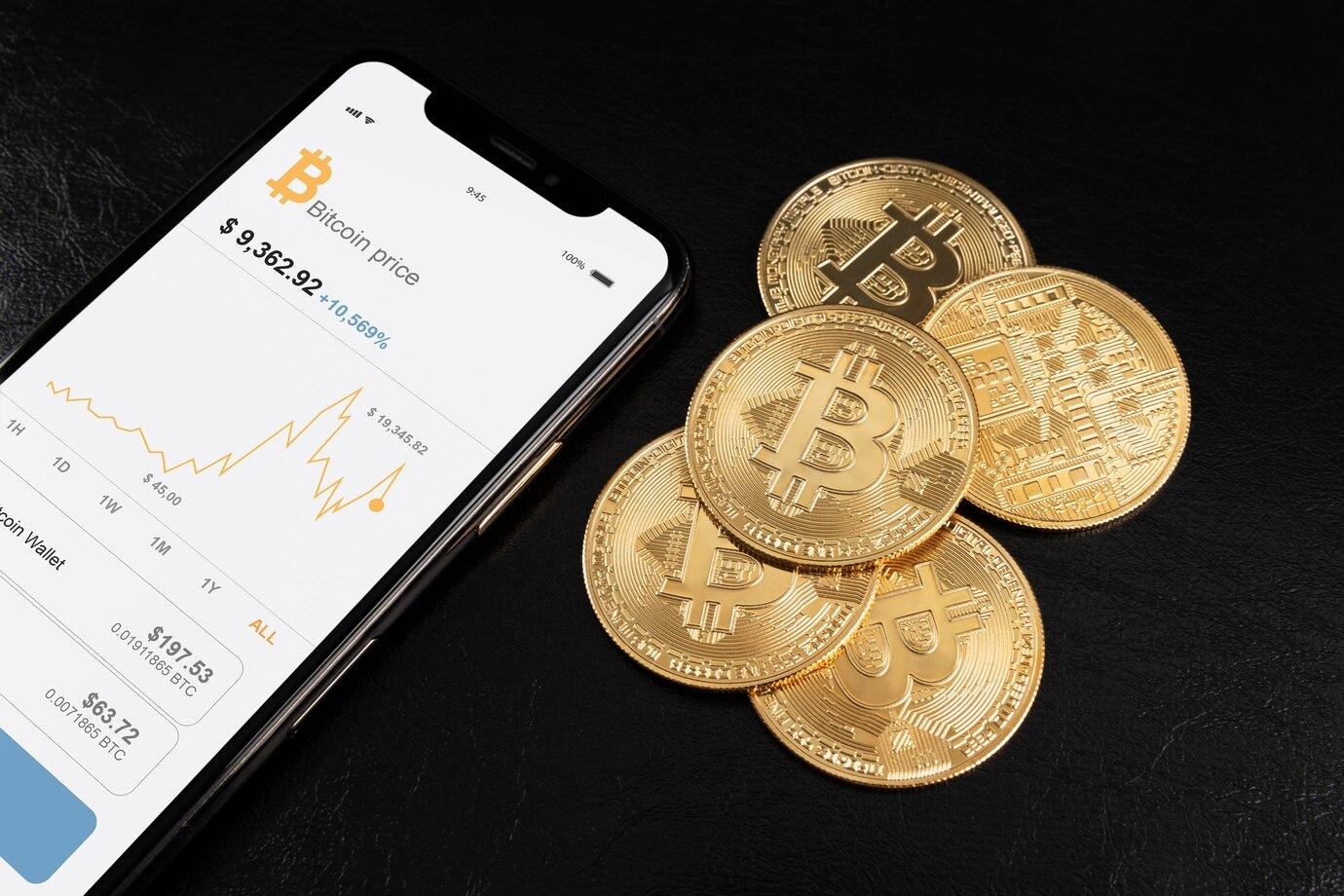Cryptocurrencies have opened new horizons for trading and investment, but with this have come risks associated with fraud. One of the main methods of cryptocurrency exchange today is P2P exchange, which, despite its popularity, also attracts scammers. Understanding how to avoid scams in such transactions is of great importance for every market participant.
What is P2P Cryptocurrency Exchange?
P2P exchange (peer-to-peer exchange) is a form of cryptocurrency trading where transactions are conducted directly between users without intermediaries. This creates many conveniences: speed, low fees, and the ability to work with different currencies. However, the absence of intermediaries also makes users more vulnerable to fraud.
In P2P exchanges, users post their offers on a platform where others can see these offers and interact with them. The process can attract both newcomers and experienced traders, further emphasizing the need for awareness of potential risks.

Fraud in P2P Exchange
Phishing is a method where scammers attempt to steal the victim's personal data by faking websites or creating fake ads. Such materials often look very convincing and may even contain reviews, making them even more plausible. It is important to always check the URL of the exchanger and ensure you are on the official site.
Every P2P exchange may contain users with a bad reputation. Scammers can exploit the trust of other participants by posing as legitimate traders. They may offer a dollar rate that seems too good to be true, thereby luring the victim. Checking reviews and the reputation of the seller or buyer is an important step in reducing risk.
Escrow services are supposed to protect both sides in a transaction, but scammers can create fake escrow services. It is dangerous to use external platforms that are not part of the P2P exchange. Use only those escrow services offered by the platform itself.
Be very wary of ads offering prices that are too low or simply seem untrustworthy. These could just be tricks to collect wallet and cryptocurrency data. A common rule is if an offer looks too good to be true, it most likely is.

How to Avoid Fraud in P2P Exchange
The first step to safety is choosing a reliable P2P exchange. It is necessary to pay attention to the platform's reputation, user reviews, and the presence of a participant protection system. Check if the platform has a license and regulation.
- Conduct thorough user checks. Before making any deal, be sure to check user profiles. Most platforms have useful tools such as ratings and reviews. Pay attention to users with high ratings and positive reviews, as this can reduce the risk of encountering scammers.

- Use only built-in escrow services. Escrow services are designed to protect both parties in a transaction, and using external services can lead to deception. Always use only those escrow services provided by the platform you are trading on.
- Be vigilant and cautious. If something bothers you or seems suspicious during the transaction process, do not hesitate to terminate the deal. Remember, scammers often try to intimidate victims into making a quick decision. Vigilance and confidence are required at every step.
- Follow platform rules. Every platform has its own rules and security protocols. They should be followed and recommendations adhered to. The safety of the transaction depends not only on you but also on adherence to generally accepted norms.
- Protect personal data. Do not share your personal information, such as passwords, bank card numbers, or any other sensitive means. Scammers can use such data to steal your funds. Be careful and always maintain confidentiality.

Conclusion
P2P cryptocurrency exchange provides unique opportunities, but the presence of fraud requires increased caution from users. The main rule is to thoroughly check every transaction and participant. Use reliable platforms, trust your intuition, and keep your data safe.
By following security principles and staying informed, you can avoid most threats and successfully trade in the cryptocurrency market. Every trader should be prepared for risks to avoid becoming a victim of scammers.
 >
>